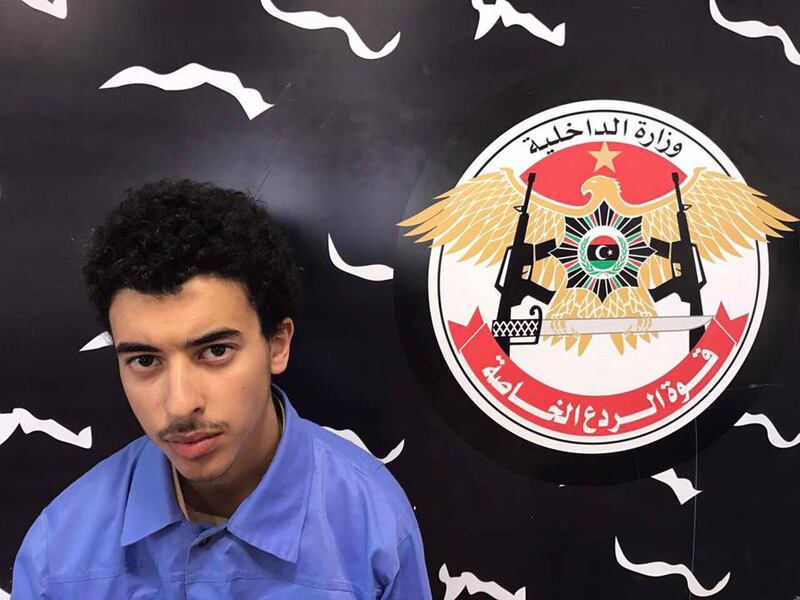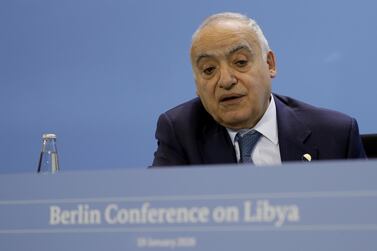The brother of the suicide bomber who targeted a 2017 pop concert in Manchester worked secretly for months to help build the deadly device that exploded killing 22 people, a court heard on Tuesday.
Hashem Abedi, 22, obtained chemicals, screws, nails and metal containers in the weeks before the attack on the Manchester Arena which were used for the bomb, a jury in London was told.
His older brother, Salman, travelled alone to the music venue – one of Europe’s largest – and detonated the homemade bomb on May 22, 2017, where families gathered to meet children at the end of the concert by US singer Ariana Grande.
He blew himself up killing 22 people and injuring 237 others. A further 670 people have since reported suffering psychological trauma as a result of the attack, said prosecutor Duncan Penny opening the case against Hashem Abedi on the first day of his trial.
“The prosecution’s case is that this defendant is just as guilty of the murder of the 22 people killed as was his brother,” Mr Penny told the jury at a packed courtroom in London.
“The bomb which was detonated was self-evidently designed to kill and to maim as many people as possible.”
The court heard that in the years leading up to the bombing, the brothers – particularly Salman - began to display “signs of radicalisation”.
They lived together in south Manchester after their Libyan parents left the family home in 2016 to return to north Africa.
Hashem Abedi worked at a takeaway restaurant in a nearby town and brought home an empty large can of vegetable oil that prosecutors say was cut up and a section used in the Arena bomb.
A small twist of metal from the can was found attached to a piece of green fabric among the debris at the concert venue.
Further forensic evidence was provided by the discovery of Hashem Abedi’s fingerprints on discarded metal cylinders among rubbish at a central Manchester flat rented by his older brother in the days before the attack.
Prosecutors say that Hashem Abedi also tried to buy two of the three chemicals needed for the high explosive that had previously been used in a number of terrorist attacks in Britain and abroad.
Hashem Abedi told colleagues that he was proposing to sell the can for scrap metal and the chemicals were to refill a large electric battery at the family home in Libya that was used to power a generator.
“The explanations provided by the defendant on this topic were not entirely consistent,” said Mr Penny.
The prosecutor said that the brothers may not have had a specific target in mind and Salman Abedi alone may have selected the Ariana Grande concert.
“What the brothers however had set out with was a shared goal; namely to kill, maim and injure as many people as possible by the detonation of a large homemade bomb in a public place,” he said.
Mr Penny said that it was well known that fans would include young people to the concert at the Manchester Arena, which had a capacity of 21,000 people.
The blast was so powerful that two of the victims died more than 20 metres from Abedi, according to a graphic shown to the jury. Nineteen died at the scene with three others dying later of their injuries.
“The scene that met the survivors and those that attended thereafter was one of destruction and chaos,” said Mr Penny.
Police identified Salman Abedi as the bomber within hours and the subsequent investigation highlighted the alleged role of his brother.
Hashem Abedi is accused of murdering the 22 people who died on May 22, 2017, the attempted murder of others who were injured and one count of conspiring with his brother to cause explosions.
Abedi, who appeared in the dock wearing jeans, a blue shirt and glasses, denies the charges against him.
The trial is expected to last eight weeks.








